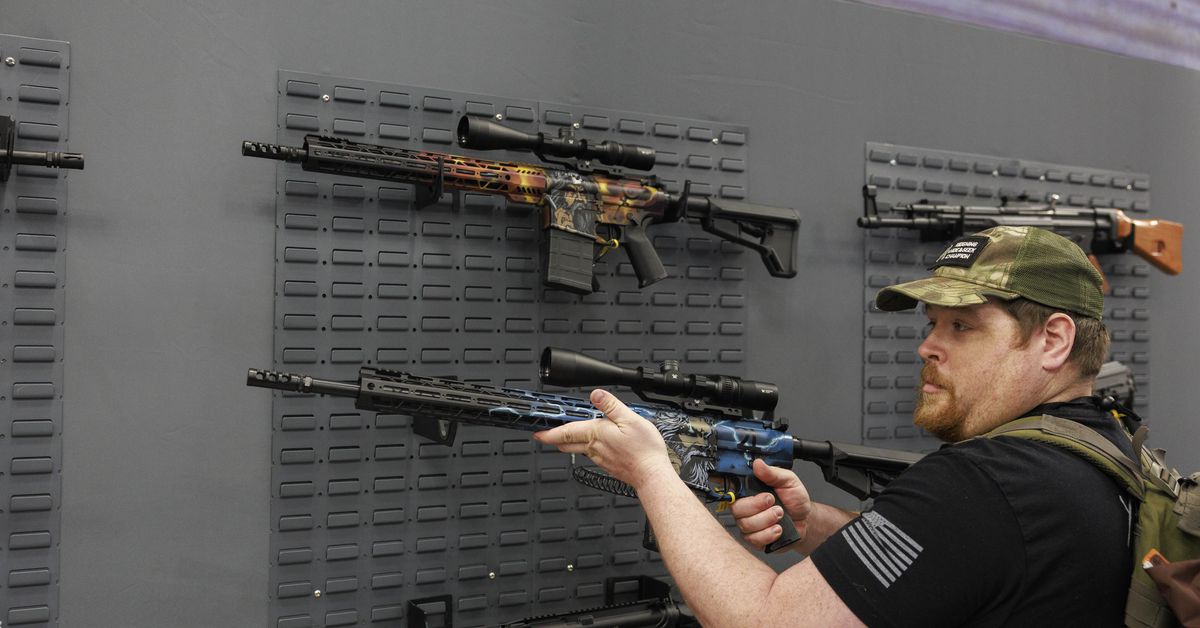I guess, according to this article, car insurance companies are encouraging people to drive recklessly and kill others in their vehicles, simply by providing them with insurance against the bodily injury of others. I’m not sure how the author doesn’t see the parallels between any insurance that guards against reckless behavior and the NRA’s insurance. To be clear I’m not a user of their insurance or a member of their organization, just finding the lack of introspection in the argument used in the article appalling.
This is the best summary I could come up with:
It involves two unrelated actions which former New York State Department of Financial Services (DFS) Superintendent Maria Vullo took against the NRA, one of which successfully shut down an NRA program that recklessly endangered countless New Yorkers’ lives — and one of which recklessly endangered Vullo’s effort to shut down this potentially deadly program.
Now this case is before a Supreme Court that is dominated by Republican appointees, and that has a history of handing down recklessly broad decisions benefiting gun rights organizations.
But, in Bantam Books v. Sullivan (1963), the Supreme Court recognized that “people do not lightly disregard public officers’ thinly veiled threats to institute criminal proceedings against them if they do not come around.” While the government may express whatever opinion it wants about any organization its leaders do not like, it may not use law enforcement officials to implicitly threaten someone with criminal charges unless that person abandons activity that is protected by the First Amendment.
Bantam Books held that this level of pressure — a letter that explicitly mentioned the possibility of a prosecution, followed by a visit from an inquisitive police officer — crosses the line from permissible persuasion to impermissible coercion.
And there’s no indication that DFS sent an armed police officer to New York insurance companies to check in on whether they had, in fact, dropped their business with the NRA.
But, by bringing herself and her agency into a political dispute about gun advocacy, Vullo gave this highly partisan Supreme Court an opportunity to insert itself into what should have been a routine insurance enforcement action.
The original article contains 1,419 words, the summary contains 265 words. Saved 81%. I’m a bot and I’m open source!



